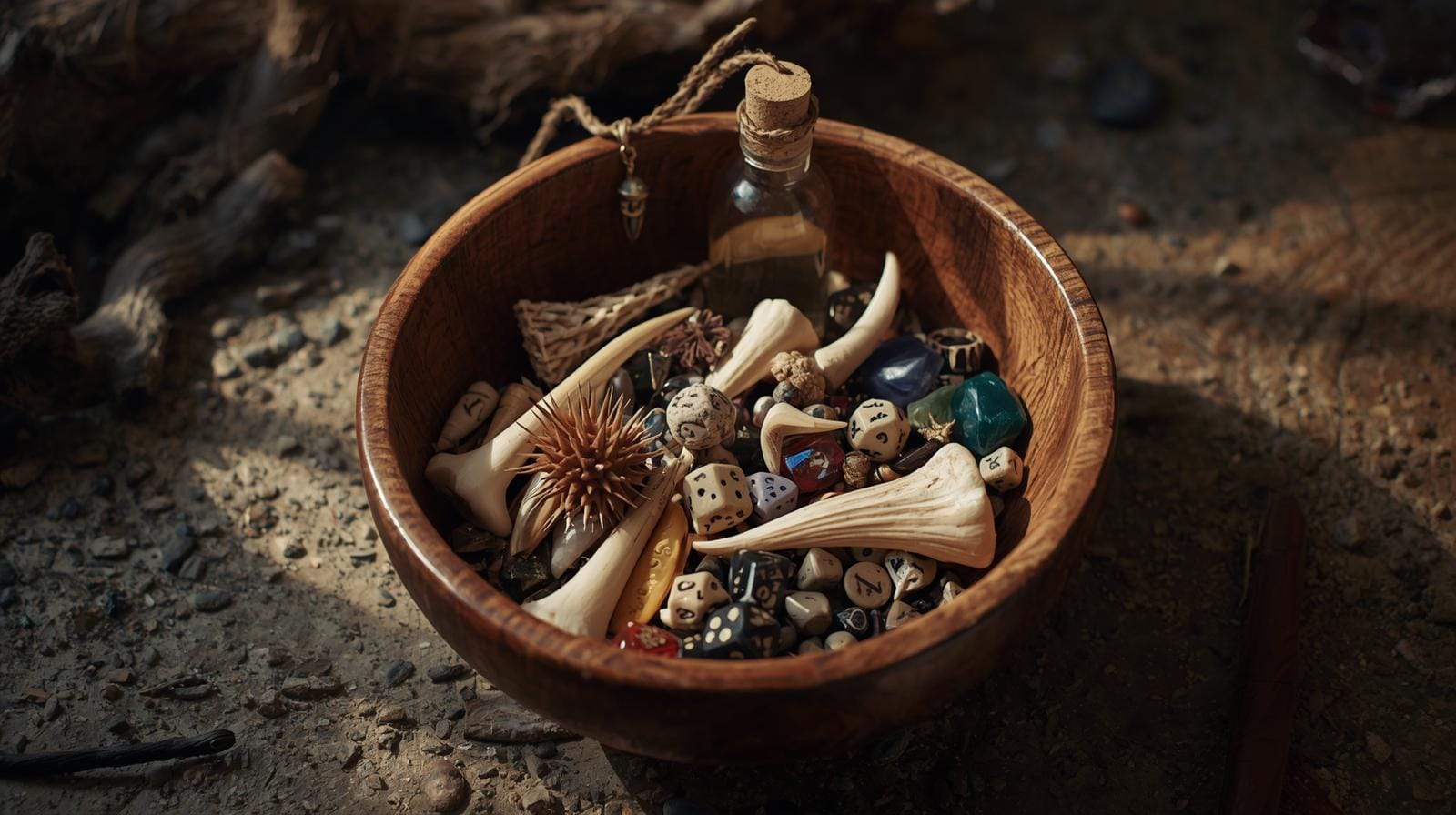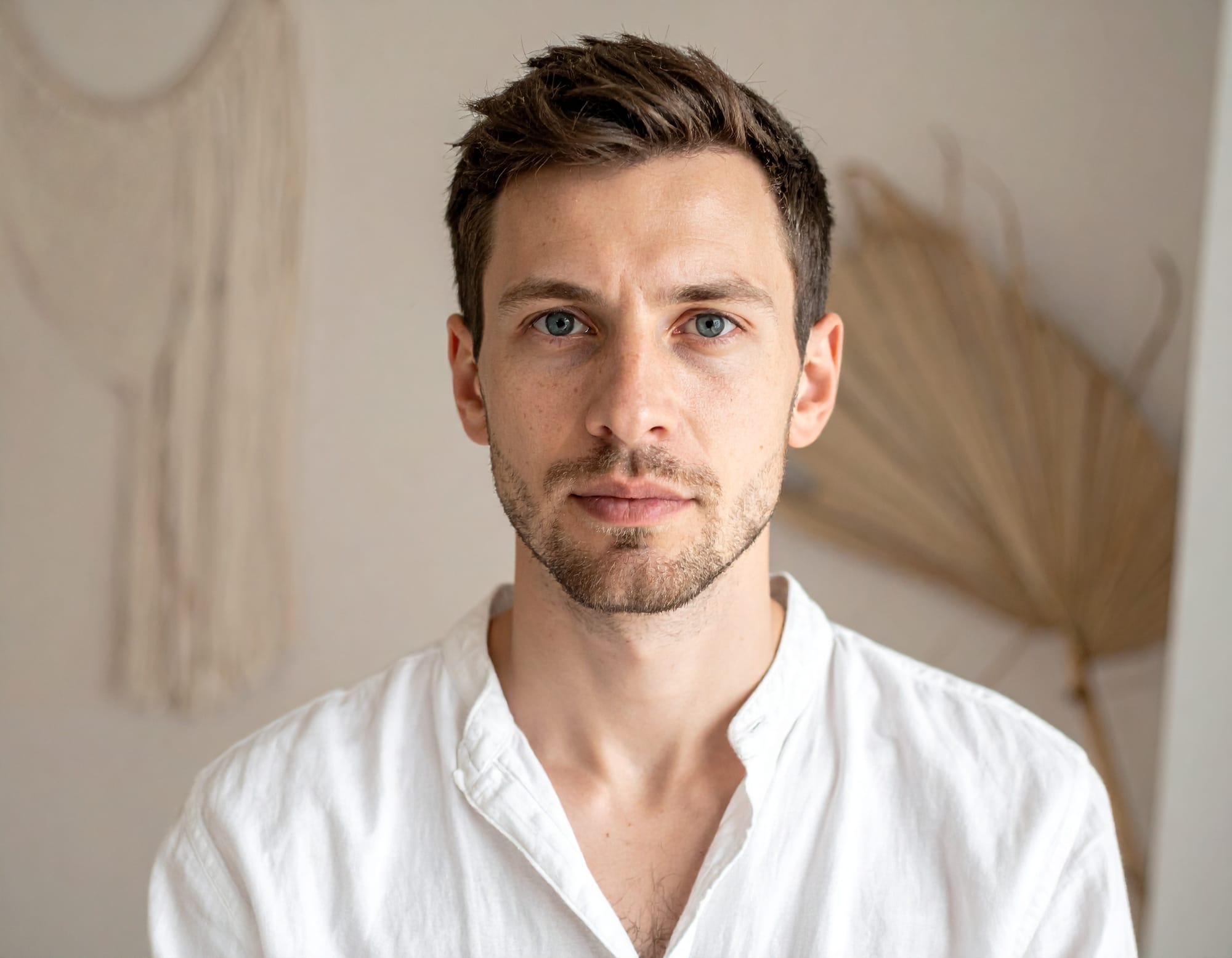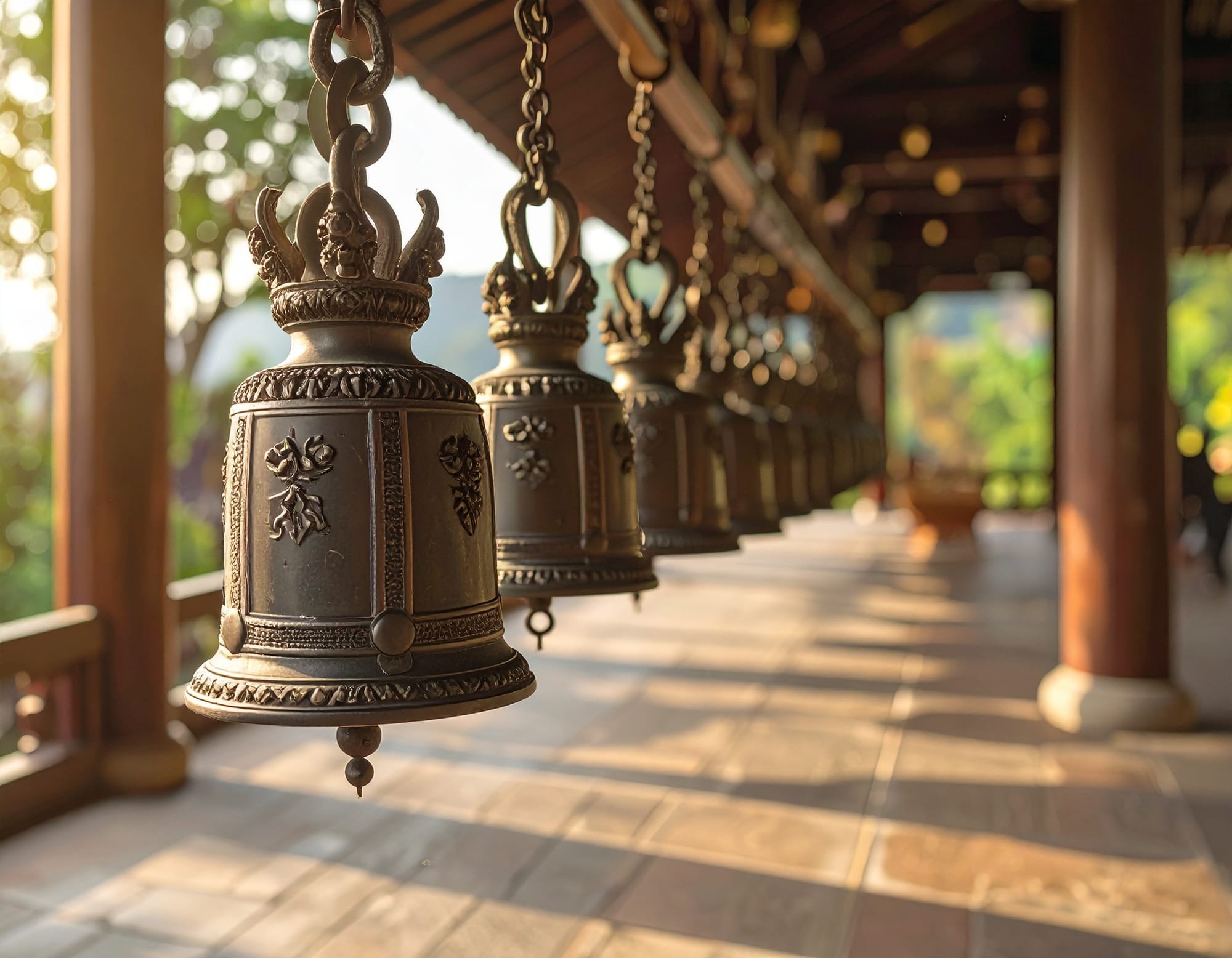On false teachers, twisted wisdom, and the ancient art of discernment
"Every true love and friendship is a story of unexpected transformation. If we are the same person before and after we loved, that means we haven't loved enough." —Elif Shafak
In the sacred spaces where souls seek transformation, there exists a shadow that moves with the precision of those who have learned to hunt by the light itself. We speak of the spiritual narcissist—not the obvious charlatan hawking miracles in marketplace corners, but the sophisticated predator who has discovered that our deepest spiritual longings can become their most reliable source of supply.
These beings do not stumble into mystical communities by chance. They arrive understanding something the rest of us often miss: that those drawn to healing work carry both profound wisdom and beautiful wounds, making us simultaneously powerful and potentially susceptible. They study our customs with anthropological precision, learning to speak our language of consciousness and transcendence so fluently that we mistake their performance for authenticity.
In the wandering years, moving through communities of seekers from ancient meditation halls to modern healing circles, one learns to recognize the signature of false teaching. There is always the same pattern: they collect spiritual trinkets like merchants in the bazaar, speaking of divine truth while serving only their own reflection. The true teacher disappears so the student may appear, but these others grow larger while their students grow smaller. This is the backwards alchemy of the ego.
The Mastery of Sacred Mimicry
The spiritual narcissist possesses a genius for absorbing the aesthetics of enlightenment while remaining fundamentally unchanged at their core. They speak of unconditional love while practicing conditional acceptance. They preach surrender while demanding submission. They quote ancient wisdom while embodying ancient hunger.
Watch them closely and you will notice how they position themselves not as fellow travelers on the spiritual path, but as the destination itself. Every teaching, every insight, every moment of guidance leads back to their superiority, their special connection to divine truth, their unique understanding of consciousness levels that conveniently place them permanently above their students.
Throughout history, there have been such individuals who could recite every verse of sacred texts yet whose souls remained deserts. They gathered disciples not to serve the greater mystery, but to be served. The pattern echoes through centuries: they dress in the robes of wisdom while their hearts remain unchanged, creating elaborate hierarchies with themselves as the sole conduit to grace.
The authentic teacher points beyond themselves toward something greater. The covert narcissist in spiritual clothing points toward themselves and calls it divine connection.
The Harvesting of Sacred Vulnerability
In genuine spiritual communities, vulnerability becomes sacred medicine—the raw material through which transformation occurs. The spiritual narcissist recognizes this and develops expertise in creating containers that feel safe enough for seekers to share their deepest truths. Yet unlike authentic healers who help transform wounds into wisdom, these predators collect vulnerabilities like a merchant hoards gold.
They remember every confession, every moment of weakness, every fear shared in sacred space. When you later question their methods or express doubt, they weaponize your own honesty against you, suggesting that your concerns arise from "unhealed trauma" or "resistance to growth." This spiritual gaslighting uses your own spiritual aspirations to make you doubt the very intuition that warns you of danger.
The false teacher convinces you that treasure lies only in their hands, while a true guide helps you discover the riches already buried in your own heart. One sets you free; the other makes you captive. The difference should be obvious, yet in the intoxication of spiritual seeking, we sometimes forget to ask which direction our freedom is flowing.
When Sacred Language Becomes Weapon
What makes spiritual narcissists so dangerous is their fluency in healing language. They understand that those drawn to spiritual work are often highly empathetic, committed to growth, seeking to see the good in others. They speak our dialect perfectly of shadow work and integration, of divine feminine and masculine, of ancient wisdom and modern therapeutic techniques.
Spiritual bypassing becomes their most powerful tool. They encourage transcending anger rather than understanding it, forgiving harmful behavior rather than addressing it, raising vibration rather than setting necessary boundaries. This isn't wisdom: it's manipulation disguised as enlightenment.
These merchants of false peace sell empty vessels and call them cups of wisdom. They convince seekers that wholeness requires becoming half a person, that spiritual maturity means never feeling anger or setting limits. Yet the path to truth includes every step, even the stumbling ones. Your anger may be the very fire that burns away illusion. Your boundaries may be the walls that protect the sacred garden of your soul.
True spiritual growth honors the full spectrum of human experience. It includes both light and shadow, both healing and healthy limits. When someone consistently uses spiritual language to silence legitimate concerns, you encounter toxic spirituality dressed in robes of love and light.
The Ancient Practice of Sacred Discernment
Our mystical ancestors understood that discernment is not skepticism but a refined spiritual skill. The wisdom schools developed elaborate practices for testing the authenticity of spiritual experiences and teachers. This wisdom becomes essential in times when spiritual manipulation can be disguised as divine guidance.
In the old teachings, there was wisdom about testing the quality of what we receive before accepting it completely. A true teacher is like clear water, you can see through them to the bottom. The false teacher is like muddy water, all opacity and confusion, demanding faith while offering only their own interpretation of truth.
Notice how authentic spiritual teachers embody certain unmistakable qualities. They point beyond themselves. They encourage questions rather than demanding blind faith. They work to make themselves unnecessary rather than indispensable. They remain students themselves, forever learning in the mystery school of existence.
The spiritual narcissist creates the opposite dynamic. They position themselves as exclusive conduits to divine understanding, building systems that require ongoing dependence on their interpretation, their energy, their approval. They may speak of surrender, but what they demand is submission to their authority rather than to the greater mystery.
Protecting the Sacred Journey
Pay attention to how you feel in their presence over time. Do you feel more connected to your own inner wisdom or more dependent on their guidance? Does your sense of self expand or contract? After spiritual encounters, do you trust yourself more or less?
Authentic teachers act as mirrors, reflecting back your own divine nature. Spiritual narcissists act as black holes, absorbing your light while giving back only the illusion of illumination. If someone's version of spirituality consistently makes you smaller, quieter, more dependent, trust the wisdom that whispers warnings in your bones.
Ask yourself what happens when you question their teaching. How do they respond to doubt, pushback, alternative perspectives? True wisdom welcomes inquiry. Covert narcissism dressed in spiritual clothing cannot tolerate examination. If your questions are consistently met with suggestions that you're "not ready," "too wounded," or "stuck in lower consciousness," you may be dealing with someone who uses spiritual authority to avoid accountability.
Remember that authentic spiritual growth is recognizable by its fruits: greater compassion, deeper self-trust, expanded capacity for love, increased freedom to be authentically yourself. If these qualities are absent from your spiritual experience, question what you're actually receiving.
The teacher you seek may appear in many forms such as a book, a stranger, a moment of silence, a crisis that cracks you open to truth. But the greatest teacher dwells always within the sanctuary of your own heart. The Divine needs no intermediaries who grow fat on your devotion. Any teacher worth following will point you toward direct encounter with the sacred, not toward their own magnificence.
If we have not loved enough to transform, if we remain unchanged by our spiritual encounters, perhaps it is because we have been feeding the wrong fires. The path asks us to become more ourselves, not less. It expands our capacity for authentic love, including love of our own divine nature.
In the end, the spiritual narcissist teaches us something profound, though not what they intended: the supreme importance of trusting our own direct relationship with the sacred. When we learn to distinguish authentic wisdom from its clever impersonations, we become immune to spiritual predation.
The heart knows the difference between nectar and poison, even when both are served in golden cups. Trust the clarity of your own seeing. Your intuition is not broken, even if someone has convinced you it is.
Munay is a sanctuary where seekers and guides gather to remember together, journey inward, exchange wisdom, and rekindle the timeless truths that unite us. Explore private sessions with ancient wisdom holders and transformative practices.
















